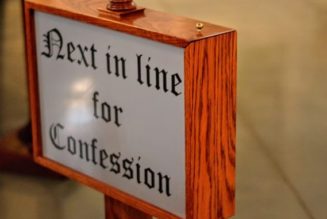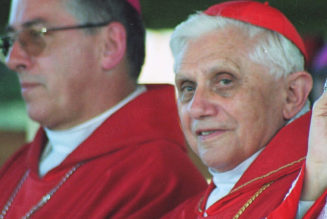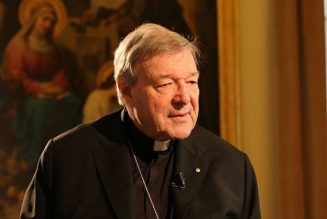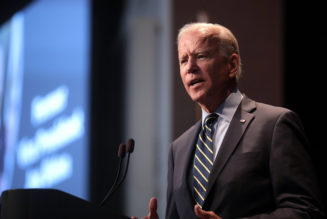By Phil Lawler ( bio – articles – email ) | Jan 25, 2024
In a decision released yesterday, a Vatican court focused on the question of whether the forced resignation in 2017 of Libero Milone, the Vatican auditor general, “can be considered as attributable to the Secretariat of State.” The court ruled that it could not, and dismissed Milone’s wrongful-dismissal suit.
The court explained that according to Milone’s own testimony, his resignation (and that of his deputy, the late Ferruccio Panicco) had been prompted by threats from the commander of the Vatican gendarmerie, Domenico Giani. And since Giani did not work under the auspices of the Secretariat of State, that office “therefore cannot be held accountable.” QED.
That ruling reflects the letter of the law. But does it reflect reality? It isn’t easy for an American to follow the proceedings of a Vatican trial, conducted in an unfamiliar language under the rules of an unfamiliar legal system. So rather than analyze the logic of the court’s decision, let’s focus on the facts as we know them.
Milone says that he resigned after Giani told him that if he failed to do so, he would be prosecuted for a criminal offense. The alleged offense? Spying on other Vatican officials.
But wait. Isn’t that what an auditor does: check into the financial affairs of other employees, and if he finds suspicious activity, check some more? Milone reports that he found ample evidence of suspicious activity in the Secretariat of State.
The ousted auditor also claims to have found suspicious activity by Giani. And as it happens, Giani himself was later forced to resign as the investigation into Vatican financial scandals expanded and the dominos began to fall. But for now that is beside the point.
How did Giani detect the alleged espionage by Milone? Obviously he had begun investigating the auditor general. So wasn’t Giani doing what he accused Milone of doing: spying on another Vatican official? Yes. Does a police chief have more authority to investigate an auditor general than vice versa? Good question.
But why was Giani investigating Milone? Because there had been complaints that the auditor general was prying into confidential financial matters. Why were those transactions confidential? Another good question. And who was making the complaints about Milone’s curiosity? Archbishop (later Cardinal) Angelo Becciu, who at the time was second in command at—the Secretariat of State.
Technically Archbishop Becciu was not Giani’s superior. But the archbishop was the sostituto, the Vatican equivalent of a chief of staff. He met with the Pope every day; he supervised all the day-to-day workings of the Roman Curia. When the sostituto talks, everyone at the Vatican listens.
Bear in mind that when the late Cardinal George Pell, as prefect of the Secretariat for the Economy, sought a full audit of all Vatican offices, Archbishop Becciu told other Vatican offices that they need not comply. On paper the cardinal outranked the archbishop, but the sostituto won that battle; the independent audit was cancelled. When Milone became too nosy, he was cancelled as well.
In December, Becciu, now a cardinal, was found guilty of multiple charges of financial misconduct—the sort of misconduct that Milone was trying to ferret out. So it is certainly not unreasonable to suspect that he had a motive to oust Milone. Did he have an opportunity?
When Giani threatened Milone with prosecution, was he acting on his own, or carrying out the wishes of the sostituto? Here’s a hint: Back in September 2017, immediately after Milone’s removal, Becciu told a reporter: “If he had not agreed to resign, we would have prosecuted him.” We would have prosecuted? The Secretariat of State does not handle criminal prosecutions.
Strictly according to the facts, and strictly according to the organizational chart, the Vatican City court may be right that Secretariat of State cannot be held responsible for Milone’s dismissal. But to the ordinary observer a different reality seems clear: The voice was the voice of Domenico Giani, but the hand was the hand of Angelo Becciu.
Milone could appeal the court’s ruling. But if his goal is to clear his own name and to expose corruption at the Vatican, he may find it more effective to do what he has already threatened to do: Publish the details of the suspicious activity he uncovered, and leave the final judgment to the court of public opinion.
Sound Off! CatholicCulture.org supporters weigh in.
All comments are moderated. To lighten our editing burden, only current donors are allowed to Sound Off. If you are a current donor, log in to see the comment form; otherwise please support our work, and Sound Off!

There are no comments yet for this item.










